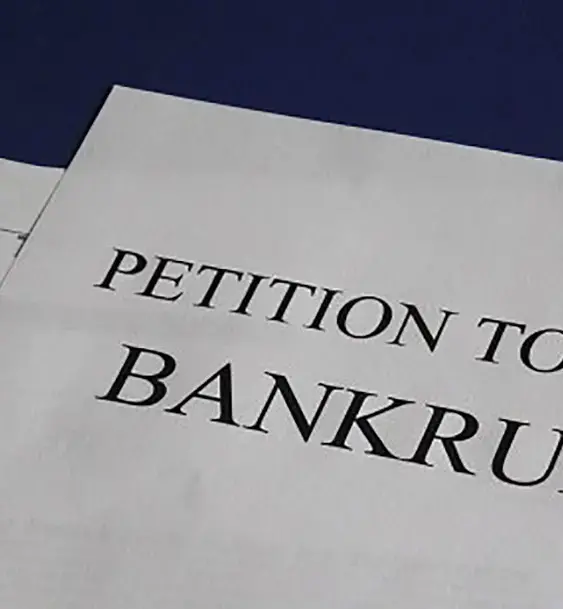
INDIVIDUAL VOLUNTARY ARRANGEMENTS
The recent news that Katie Price (formerly known as Jordan) has negotiated a deal with her creditors in order to avoid bankruptcy is a useful reminder on how an individual voluntary arrangement (“IVA”) can help debtors in circumstances where they are faced with a bankruptcy petition but have assets or an income, but just require time to pay.
An IVA is a compromise agreement reached between the debtor and his/her creditors. The purpose of the IVA is to put forward proposals for the settlement of all outstanding unsecured debts either by making monthly instalment payments over a period of time or by selling an asset (such as a property) in order to raise money for the creditors to be paid. Whilst it is unlikely that the creditors will get paid in full, any dividend paid under an IVA may be greater than the amount that the creditor would receive if the debtor was subsequently made bankrupt.
In order for an IVA to be approved by the creditors, over 75% of the creditors (in value) need to accept the proposals. If over 75% of the creditors approve the proposals, all creditors will be bound by the IVA, whether or not they approved the proposals. The creditors are then precluded from taking any action to recover monies due to them.
The IVA is supervised by an independent third party who will obtain the payments from the debtor and make a distribution to the creditors in accordance with the terms agreed in the IVA.
As in Katie Price’s case, an IVA is a useful procedure for debtors as an alternative to being made bankrupt.
If you’d like to find out more about the legal services offered by Smith Partnership, don’t hesitate to contact us via info@smithpartnership.co.uk. Alternatively, speak to a member of our team directly on 0330 123 1229.

Share this article






















